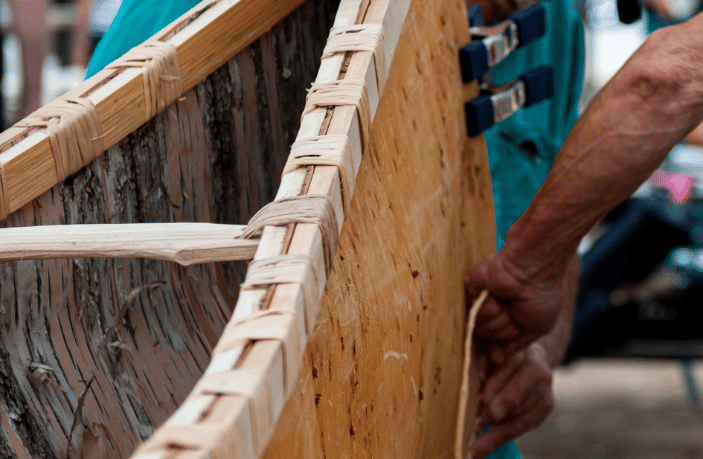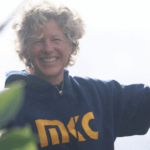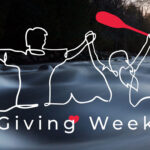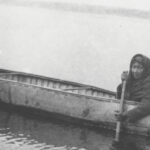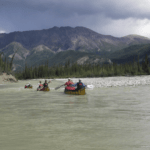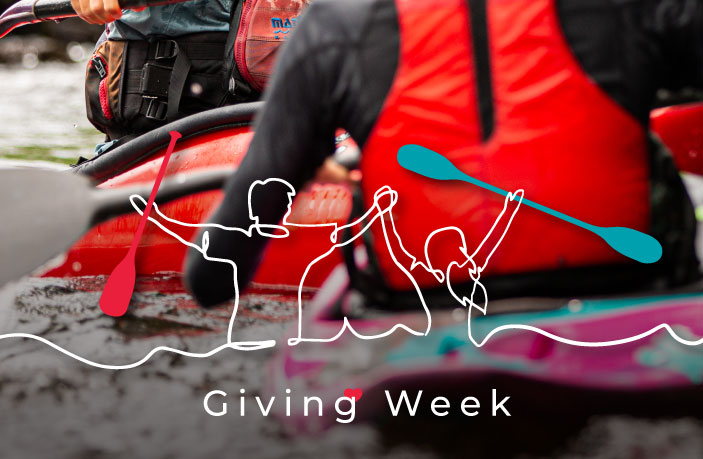Indigenous History Along the Madawaska River
Each June, we observe Indigenous History Month, a time dedicated to celebrating the diverse cultures and traditions of Indigenous peoples, along with their past and present livelihoods and substantial contributions to the land we stand on—Canada, which is rightfully and originally theirs. At Madawaska Kanu Centre (MKC), we commemorate this month by reflecting on the rich Indigenous history that courses through the Madawaska River and its surrounding areas. Let’s explore the deep-rooted connections of the Algonquin people, also known as the Omamawini, to this beautiful land, highlighting their traditions, stories, and lasting influence. Let’s discuss:
1)The Algonquin Omàmìwininì People
2)Cultural Practices & Traditions
3)The Importance of Canoes
4)Historical Sites & Landmarks
5)Acknowledging the Past
6)Supporting Indigenous Organizations
The Algonquin People: Guardians of the Madawaska River, aka Madaoueska Sibi
The Algonquin people, part of the Anishinaabe nation, have lived and traveled along the Madawaska River for time immemorial, while Europeans have only navigated it for a few hundred. Their traditional territory, known as the Omàmìwininì Anishinàbeg, spans parts of Quebec and Ontario, including the Madawaska River watershed. The name, Madaoueska Sibi, has been translated to a few meanings in English, predominantly in our region, it’s been said to mean “River with rapids at its mouth”, and we know these rapids all too well! Another known translation is “People of the shallows”, while another translation of Madawaska is “Land of the Porcupine”; however, that translation has been connected more to the Madawaska in what is known today as New Brunswick, Canada.
No matter the translation, the Madaoueska Sibi has been a vital lifeline, providing sustenance, transportation, and a spiritual connection to the land for all the people who have traveled and lived on its shorelines for thousands of years.
Cultural Practices and Traditions
The Algonquin people have always been resourceful and skilled in their way of life, practicing seasonal migration between summer fishing camps and winter hunting grounds. The Madawaska River was central to their fishing practices, especially during the spring fish runs that brought abundant sturgeon, trout, and other fish species.
In the view of many First Nations, their values and traditions were seen as divine gifts. Their societies embraced communal living, where everyone had their role to play – and equality was something that was just understood between men and women. To them, life was a beautifully recurring cycle meant to be cherished and respected, and nature was held to a very high regard.
Traditional Algonquin wisdom is intricately woven into the fabric of their culture, transmitted across generations through storytelling, ceremonies, and art. Through oral histories, the adventures and teachings of ancestors who navigated its waters are vividly recounted, ensuring that their legacy endures.
The Importance of Canoes
The Algonquin People skillfully used and still use birch-bark canoes for long-distance and the Madawaska River has long been a significant route for travel and trade. Crafting birchbark canoes is an art passed down through generations, with cedar frames bent and joints sewn by skilled hands. Waterproofed with hot spruce resin, these vessels are the epitome of craftsmanship, built, from the outside bark to the inside ribbing, with pride and tailored to tradition and purpose. These canoes are functional and symbolic, representing a deep respect for the environment and a harmonious relationship with nature. The canoe everlastingly holds a significant place in Turtle Island history and present culture, serving as a symbol of national identity.
Historical Sites and Landmarks
Several sites along the Madawaska River bear witness to the rich Indigenous history of the region. Archaeological findings, such as tool-making sites and ancient fishing weirs, provide glimpses into the daily lives of the Algonquin people. One notable site is the Mazinaw Rock – it became a historic site in 1982 due to its distinction as the largest rock art site on the southern Canadian Shield, adorned with ancient pictographs that tell stories of Algonquin ancestors and their spiritual beliefs.
Acknowledging the Past, Honoring the Future
As we celebrate Indigenous History Month, it’s important to acknowledge the impact of colonization on Indigenous communities. The Algonquin people, like many Indigenous groups, faced significant challenges, including displacement from their traditional lands and the loss of cultural practices. The headwaters of the Madawaska River are in what is now called Algonquin Park. This area is the traditional territory of the Madaoueskarini Algonquin People, who were displaced in the creation of this famous destination Provincial Park.
At Madawaska Kanu Centre, we are committed to fostering understanding and respect for Indigenous cultures. We encourage our visitors to learn about the Algonquin people and their enduring connection to the Madawaska River. By acknowledging a past of oppression and a present of inequities, we can move forward to build a more inclusive and respectful future. Along with educating yourself, we encourage you to support local indigenous organizations and businesses. We’ve included some great ones below.
Indigenous Organizations
We would like to highlight some incredible local Indigenous organizations that are doing important work that needs to be supported:
- Waaseyaa Consulting: Waaseyaa Consulting does important work raising awareness and understanding of Algonquin Anishinaabeg history and culture. Waaseyaa Consulting was created in 2016 to spread knowledge throughout the unceded Algonquin territory. They offer many services, including cultural awareness training, Indigenous food sovereignty workshops, and medicinal plant workshops. Additionally, they provide traditional Algonquin crafting workshops, Indigenous knowledge-based oratory presentations, and assistance with cultural resource management and economic development projects. Also, a fantastic ressource of articles on the website under blog. Learn More >
- Great Lakes Cultural Camps: We want to celebrate the incredible work of Great Lakes Cultural Camps (GLCC), a year-round mobile Anishinaabe outdoor education centre. GLCC develops and provides high-quality cultural experiences on the land and water, recognizing the value of outdoor activity, land-based learning, and Anishinaabe culture. By bringing these enriching experiences directly to you, they highlight how Anishinaabe culture can profoundly impact people’s lives. Learn More >
- Biinaagami: Translated from Anishinaabemowin, Biinaagami means pure, clean water. As a multimedia, change-provoking initiative rooted in Indigenous knowledge, Biinaagami aims to rebuild just and healthy relations between wildlife, people, and place in the Great Lakes and St. Lawrence watershed. Through ceremony, storytelling, learning, and ecosystem restoration, Biinaagami calls us to recognize our shared responsibility to the land and waters we call home. Learn More >
- Indigenous Student Affairs: Laurentian University’s Indigenous Student Affairs office hosts cultural events, offers academic and wellness workshops, facilitates community gatherings, and delivers training programs to support Indigenous students holistically. Learn More >
- Nimkii Aazhibikong: (Pronounced “Nim-key Awe-zhi-bick-co-ng) means Thunder Mountain. We are a small “language community” of like minded Indigenous individuals who carry the common goal of Anishinaabemowin language revitalization combined with land based practices and the arts. We came together to start to build a year round language camp that was based on traditional Anishinaabeg knowledge and sustainable living practices. Because “camp” doesn’t quite describe what we are doing accurately, we like to refer to what we are doing as building a growing language community. Learn More >
Conclusion
Indigenous History Month offers a meaningful opportunity to reflect on the deep history and vibrant culture of the Algonquin people along the Madawaska River. Their legacy is woven into the very fabric of this land, and we hold the responsibility to ensure it will continue to thrive for future generations, by learning and sharing their stories.
*Please note that while we did our best to ensure an accurate portrayal of the history of the Algonquin people along the Madawaska River, we encourage you to let us know if anything should be changed or added. We love to learn, especially when it comes to important topics like this.
Sources:
- https://www.graygroupintl.com/blog/indigenous-communities
- https://www.greatermadawaska.com/en/play-and-discover/the-madawaska-river.aspx#:~:text=There%20are%20a%20number%20of,Valley%20along%20the%20Madawaska%20River.
- https://algonquinsofgreatergoldenlakefirstnation.ca/culture/
- https://www.greatermadawaska.com/en/play-and-discover/the-madawaska-river.aspx
- https://www.thecanadianencyclopedia.ca/en/article/indigenous-oral-histories-and-primary-sources
- https://www.pc.gc.ca/apps/dfhd/page_nhs_eng.aspx?id=348
- https://waaseyaaconsulting.ca/
- https://www.culturalcamps.com/Cultural_Camps/Great_Lakes_Cultural_Camps.html
- https://www.biinaagami.org/
- https://laurentian.ca/indigenous-student-affairs
- https://redrebelarmour.ca/pages/our-story
